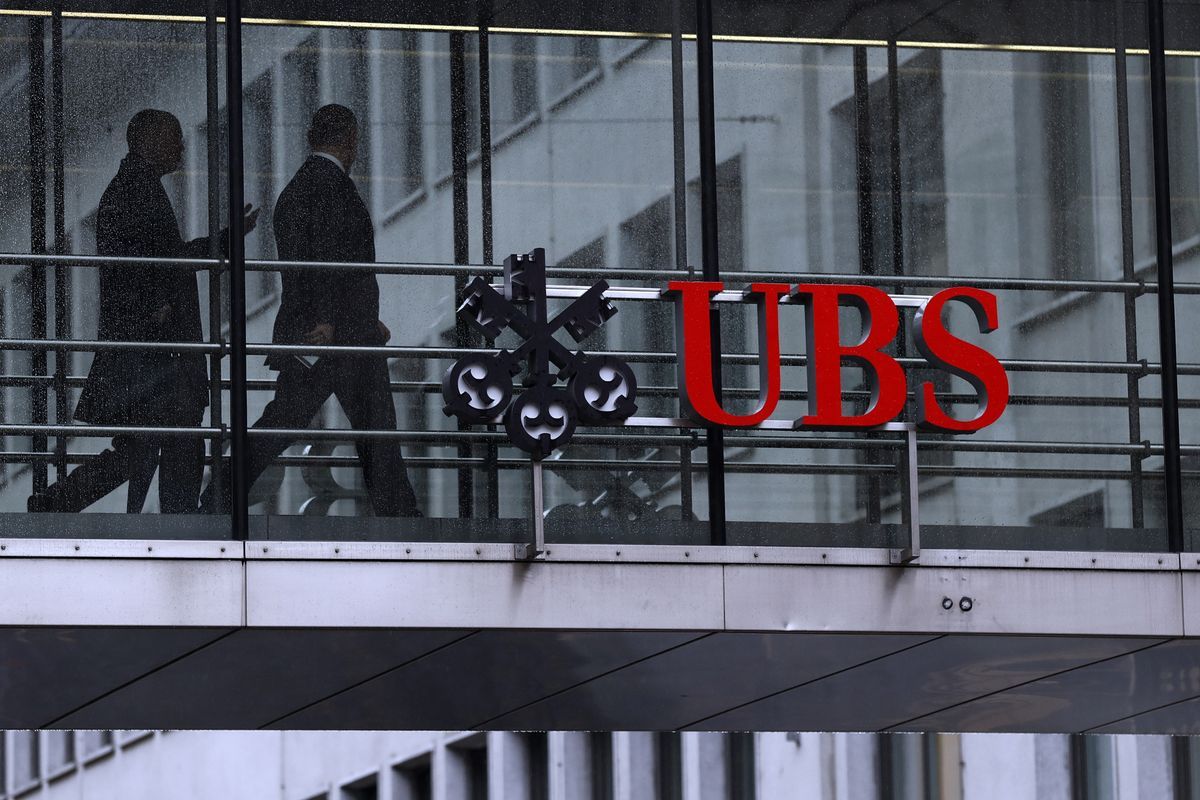Why adviser groups won’t completely shun lawmakers who voted to overturn the 2020 election

The Investment Adviser Association isn't giving to the 147 legislators who voted to decertify presidential results. The Investment Company Institute has suspended donations for now. Other groups left the door open.
When a mob stormed the U.S. Capitol on Jan. 6, it was the strongest attack on the seat of U.S. democracy since British troops set fire to the building in 1814. That searing moment continues to smolder in Washington, D.C. Last week, a House select committee heard testimony from Capitol police officers, who gave emotional and riveting accounts of that day’s violence.
Most people — including many Republicans, such as the most powerful one in Washington, Senate Minority Leader Mitch McConnell, R-Ky. — agree the riot was stoked by then-President Donald Trump, whose claims of election fraud have not been upheld by any court, recount or audit.
But another group that played a role in the day’s turmoil was the 147 members of Congress who voted to overturn the presidential election results in Arizona and Pennsylvania that same day. They did with their ballots what the mob tried to do with its fists — cast doubt on President-elect Joe Biden’s legitimacy.
Whether the 147 face any consequences depends on voters and — to a lesser but important extent — on corporations and organizations that donate to their political campaigns.
A PAC contribution can’t buy a lawmaker’s vote but it can buy a meeting, according to the Capitol Hill adage. Most trade associations likely will eventually decide not to shut the door on the 147 because of their shared interests with that group — on everything other than supporting democracy.
Charles Schwab Corp. shut down its political action committee following the Capitol riot in January. But lobbying groups are still running their PACs, which collect money from association members that is then donated to campaigns.
Two trade associations in the financial advice sector — the Investment Adviser Association and the Investment Company Institute — have put the brakes on contributions to the 147 from their PACs.
“The [IAA] PAC is not contributing in this cycle to lawmakers who voted to decertify the election,” said Neil Simon, IAA vice president for government relations. By “cycle,” Simon meant the two-year election period that began Jan. 1 and ends on Dec. 31, 2022.
The ICI, which represents the mutual fund industry, hasn’t made quite that firm a decision, but it is shunning the 147 for now.
“ICI PAC has suspended contributions, pending further review, to the 147 members of Congress who voted against certifying the 2020 presidential election results,” ICI spokesperson Garrett Hawkins said in a statement.
From there, things get murky.
The Financial Services Institute, which represents independent broker-dealers and financial advisers, hasn’t made a decision.
“FSI PAC is an extremely important tool in our advocacy tool kit,” FSI Executive Vice President and General Counsel David Bellaire told reporters last month from the group’s OneVoice conference in Orlando. “We work with our board in reviewing our guidelines to ensure we’re giving to those who share our vision and mission.”
I asked FSI officials whether that meant that FSI would give to a legislator who shares FSI’s vision and mission and also voted to decertify the election. They reiterated that they’re reviewing their guidelines.
The American Council of Life Insurers and the Insured Retirement Institute did not directly address the 147.
“The ACLI Political Action Committee consistently contributes to congressional candidates on a bipartisan basis in support of all Americans having access to financial protection and retirement security through the private market, alongside public programs,” ACLI spokesperson Jack Dolan said in a statement.
IRI spokesperson Dan Zielinski said in a statement: “The Insured Retirement Institute has consistently operated a bipartisan, balanced political action committee supporting congressional incumbents who support IRI’s goal of promoting economic equity for America’s workers and retirees by strengthening their financial security and protecting their income to sustain them throughout their retirement years.”
Neither the Securities Industry and Financial Markets Association nor the National Association of Insurance and Financial Advisors responded to requests for comment. But NAIFA didn’t have to.
A review of NAIFA’s political contributions so far in the 2022 cycle shows contributions to at least three lawmakers who voted to decertify election results.
The reason that trade associations avoid a hard-and-fast rule on shunning the 147 is that many of those legislators share their vision and mission on many issues other than election results.
For instance, Rep. Jackie Walorski, R-Ind., is among the 147. But she is a key minority member of the House Ways and Means Committee and has made retirement security one of her top issues. That’s a shared mission with insurance trade groups. NAIFA has donated to her 2022 campaign.
There’s also the future to consider.
If Republicans take over the House and Senate in 2023, the 147 will be empowered. The second-, third- and fifth-highest ranking Republicans on the House Financial Services Committee are among the 147. That committee is a key target of adviser interest group lobbying.
It’s unlikely the Jan. 6 riot will change political donation patterns permanently. Shared interests among lawmakers and lobbyists are too strong to be overcome merely by threats to democracy.
Money still pouring into ESG funds
Learn more about reprints and licensing for this article.








